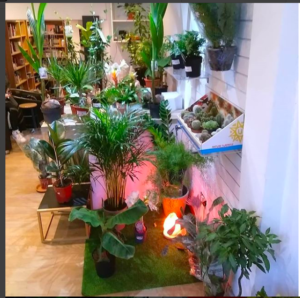Listen to the full Newsday ‘Beyond Fake News’ Episode via this link: https://www.bbc.co.uk/programmes/w172w1fv8g1h5qx
BBC Newsday’s programme titled ‘What is Beyond Fake News?’ discusses the recent popularity and attention surrounding the phenomenon of fake news in Africa. The presenters on the show travel to two countries in the continent to gain a range of perspectives on the topic and its impact.
Fake news is often a deliberate attempt to misinform people about a topic. There are some fake news sites which create pieces out of comical satire. However, there are many which create false information about serious political matters with the intention to distort truth for profit or political gain.
Sierra Leone is the first country Allan, a host from this episode of Newsday, travels to. Though speaking to some residents and media professionals there, it’s revealed that fake news is predominantly about political issues there. An interviewee explained that the current political atmosphere in Sierra Leone is that the public struggles to understand the validity of different types of media consumed. They mention that the traditional media need to ‘‘up their game” in news quality. The traditional media in Sierra Leone is currently limited due to lack of adequate resources and it often becomes a waiting game for the public to receive credible stories from these outlets, whereas fake news spreads quickly. This has contributed to an increase in many capitalising off of fake news.
This episode also touches on the role social media plays in the circulation of fake news through interviewing students from Nairobi, Kenya. Whatsapp, Facebook and Instagram are amongst the accounts that these students use as their main source of information. The 12- and 13-year olds explain that they search for signs to help discern whether the articles they read are accurate.
The guests on this programme suggested some solutions to the problem of fake news. The serious, strictly informative news is said to be a possible antidote by one of the guests, whilst another suggests that the operators of social media accounts should take more responsibility in policing the circulation of fake news often posted on their sites.
To conclude, this episode is an interesting discussion about the impact of the fake news phenomenon through discovering the experiences of it with those in Africa. This conversation can also help in discovering more preventative measures in reducing this phenomenon in the UK.
